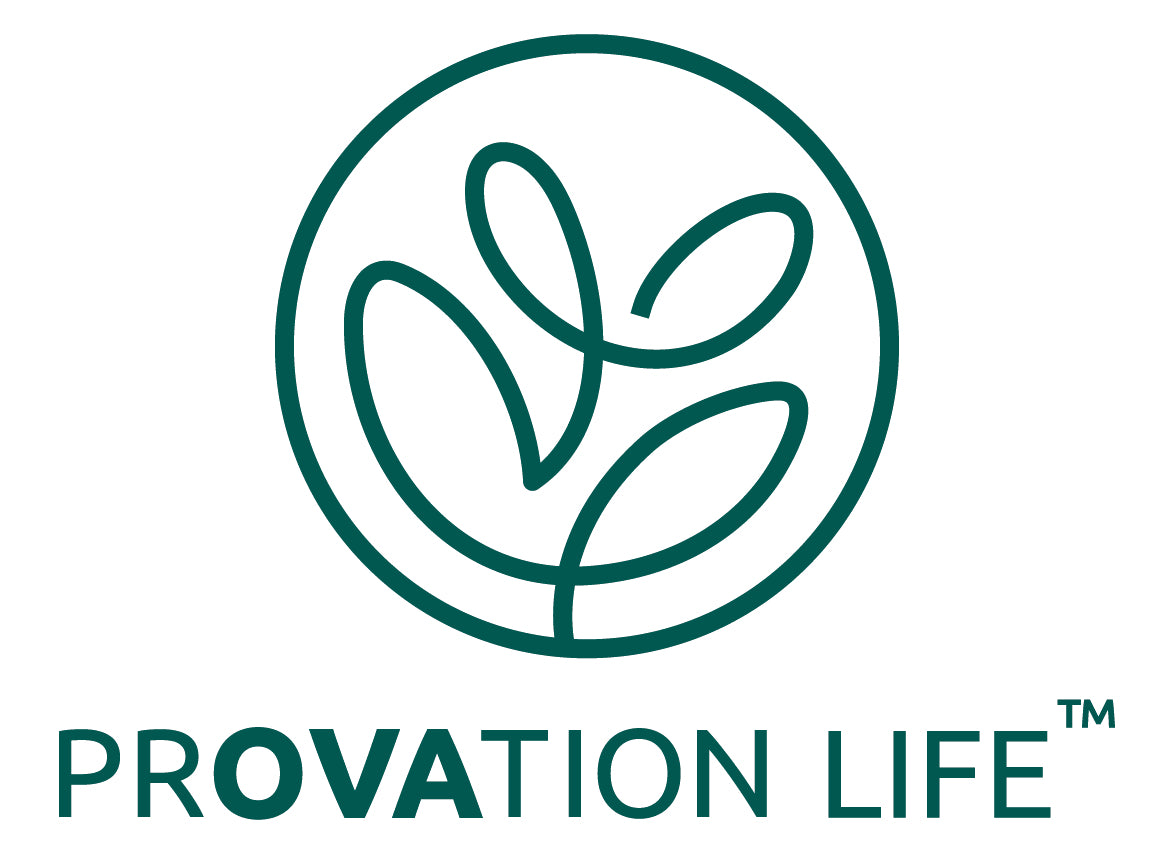Many women with PCOS suffer from high androgen levels. Androgens area class of sex hormones including testosterone and DHT. Even though most people think of testosterone as the “male” hormone, normal healthy women actually produce it too! We just don’t want too much of it.
High levels of androgens may be responsible for pesky PCOS symptoms such as unwanted facial or body hair growth, unwanted hair loss on the head, acne, menstrual irregularity, weight struggles, and more. 1
If you suffer from high testosterone or androgen levels, lowering them will be a key to reducing your PCOS symptoms.

Here are 3 ways to lower your testosterone:
Your testosterone levels are regulated by a hormone called Sex Hormone Binding Globulin (SHBG). If you don’t have enough SHBG, testosterone levels increase. 2
When you consume foods that have a lot of sugar or refined carbohydrates, your blood sugar spikes up and you produce a hormone called insulin to move some of that sugar out of the blood and into other cells in the body. When insulin levels increase they reduce the amount of SHBG in the bloodstream, which causes testosterone levels to rise up.
Reducing your added sugar and refined carbohydrate intake and pairing complex carbohydrates with protein and fat are great places to start balancing your blood sugar. As your blood sugar becomes more balances and you don’t need to produce as much insulin, you can increase your SHBG levels, therefore reducing your testosterone levels.
This is a super easy habit to incorporate and studies have shown that spearmint actually helps reduce androgen levels and can reduce symptoms such as unwanted hair growth/loss and acne. Create a relaxing evening routine where you enjoy a cup or two of tea and know that reducing stress levels also goes a long way in healing your PCOS.
3. Include more omega-3 rich foods in your diet, such as salmon- One study that looked at women with PCOS who were supplementing with omega 3 fatty acids for 8 weeks vs. those who didn’t found that the women who had more omega 3’s had significantly lower levels of testosterone and had more regular periods and ovulation. 3
If you’re struggling with symptoms of high testosterone, pick one or two of these tips to incorporate and see if you notice any difference after a few months.
1. Rodriguez Paris V, Bertoldo MJ. The Mechanism of Androgen Actions in PCOS Etiology. Med Sci (Basel). 2019 Aug 28;7(9):89. doi: 10.3390/medsci7090089. PMID: 31466345; PMCID: PMC6780983.
2. Xing C, Zhang J, Zhao H, He B. Effect of Sex Hormone-Binding Globulin on Polycystic Ovary Syndrome: Mechanisms, Manifestations, Genetics, and Treatment. Int J Womens Health. 2022;14:91-105. Published 2022 Feb 2. doi:10.2147/IJWH.S344542
3. Nadjarzadeh A, Dehghani Firouzabadi R, Vaziri N, Daneshbodi H, Lotfi MH, Mozaffari-Khosravi H. The effect of omega-3 supplementation on androgen profile and menstrual status in women with polycystic ovary syndrome: A randomized clinical trial. Iran J Reprod Med. 2013;11(8):665-672.











